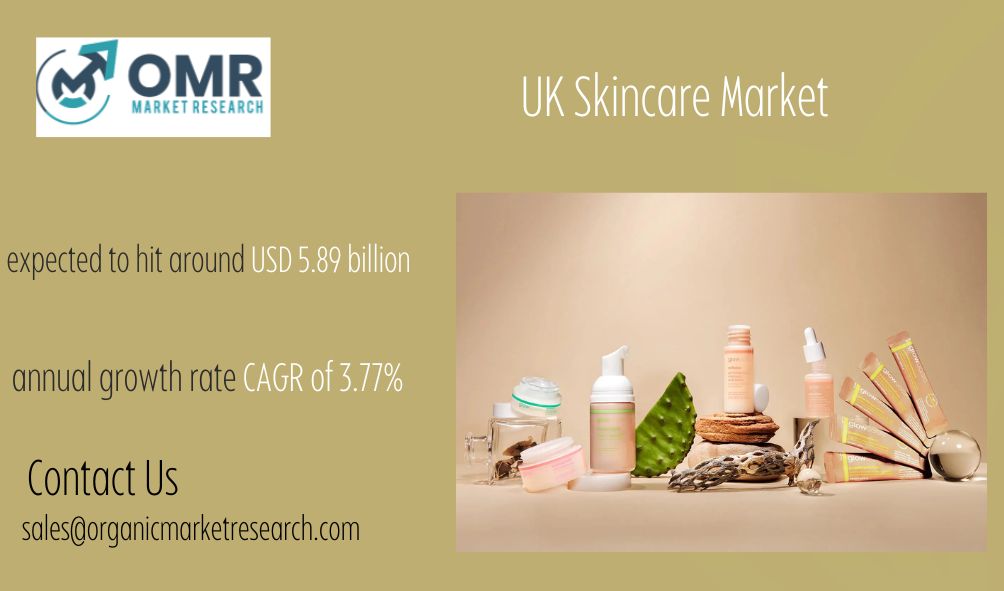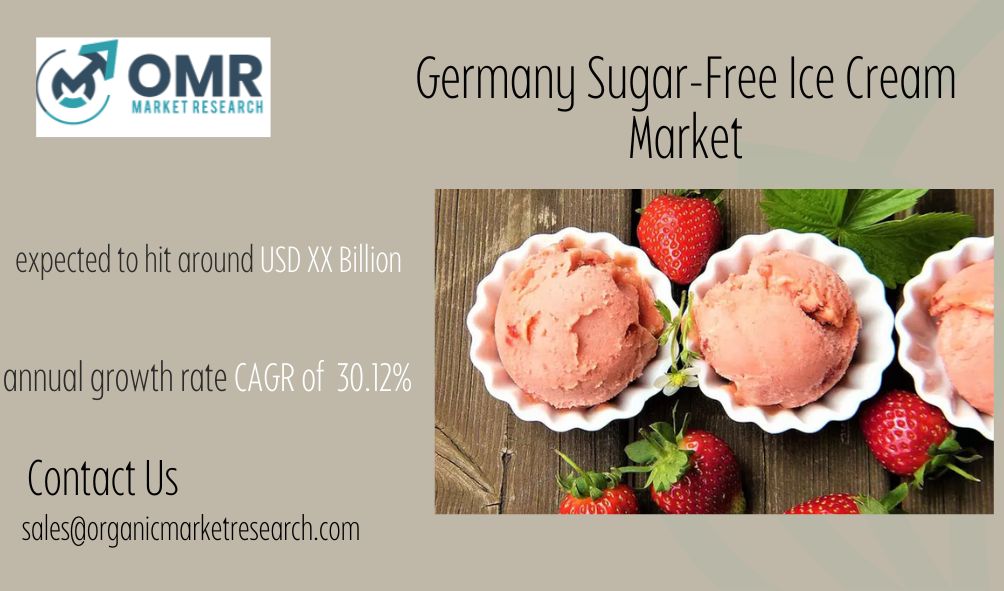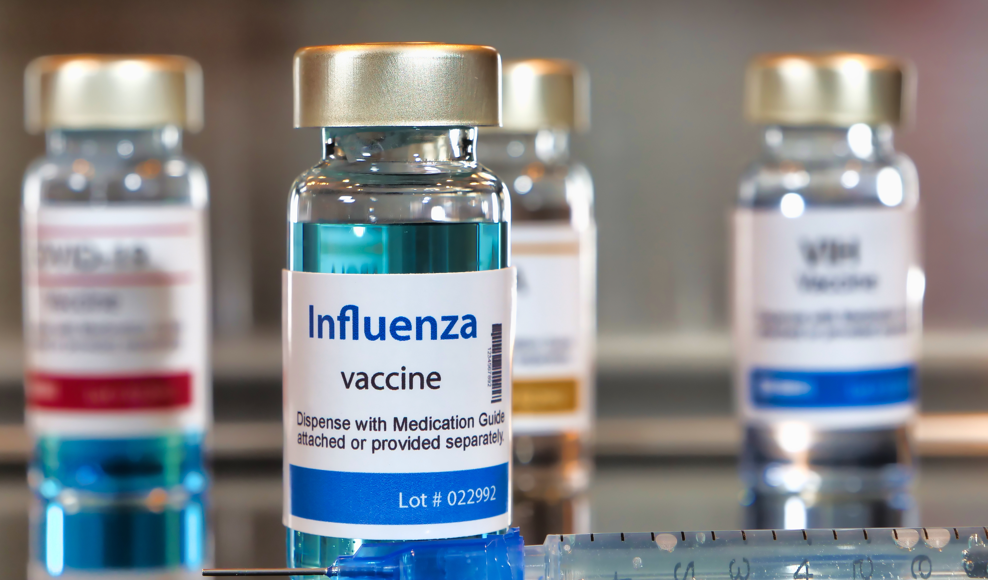UK Skincare market size was USD 4.22 billion in 2023 and the market is projected to touch USD 5.89 billion by 2032, at a CAGR of 3.77% during the forecast period. Skincare products include cleansers, moisturizers, serums, sunscreens, and anti-aging therapies. The industry is being driven by increased consumer knowledge of skincare, the growing influence of social media, and innovations in product formulations. Natural and organic products have seen a significant increase in popularity in recent years as consumers grow more health-conscious and environmentally sensitive. This trend is fuelled by a growing preference for products made with fewer chemicals and more natural components.

The UK skincare market grew gradually, demonstrating strong consumer demand for high-quality, effective skincare products. Major market leaders such as L’Oréal, Unilever, and Estée Lauder are constantly inventing and expanding their product ranges to cater to varied consumer demands and tastes. The market is also seeing a surge in smaller, niche brands that focus on specific skin concerns or unique formulations. E-commerce has become a significant channel for skincare sales, providing consumers with easy access to a wide variety of products and enabling brands to reach a broader audience.
UK Skincare report scope and segmentation.
UK Skincare dynamics
One of the key drivers is growing consumer knowledge and desire for effective skincare products, which is impacted heavily by social media and beauty influencers. Platforms such as Instagram and YouTube have a significant impact on customer preferences since they expose people to a wide range of skincare routines and product suggestions. Furthermore, there is a growing trend toward customisation, with customers looking for solutions tailored to their unique skin types and issues. This has resulted in an increase in the popularity of personalized skincare solutions and regimens.
Another important trend is the move toward natural and organic products. Consumers are growing more health-conscious and environmentally conscientious, resulting in a preference for skincare products free of toxic chemicals and enriched with natural components. This trend is encouraged by increased scrutiny of product labels and a need for transparency in ingredient source and production procedures. Furthermore, the industry is experiencing rapid growth in e-commerce, which has transformed the way customers buy skincare goods. Online platforms provide convenience, variety, and frequently lower prices, making it easier for consumers to research and access various brands and items.
UK Skincare drivers
Increasing Consumer Awareness and Demand for Skincare Products
The increased consumer awareness of the value of skincare is a significant driver in the UK market. Consumers are better informed about skincare routines and the benefits of various products thanks to the explosion of information via social media, beauty blogs, and influencers. This has resulted in an increased need for a wide range of skincare products that address specific needs including as hydration, anti-aging, and acne treatment. The rise of self-care habits, particularly during the COVID-19 epidemic, has also contributed significantly to the skincare market’s growth. Consumers are increasingly spending in at-home skincare regimens, seeking products that offer expert results without the need for salon visits.
Shift Towards Natural and Organic Products
Natural and organic skincare products are becoming increasingly popular as people grow more health-conscious and environmentally sensitive. This trend is being driven by a growing distrust of synthetic chemicals and a preference for items containing natural substances. Brands that are transparent about their ingredient sourcing and highlight environmentally friendly methods are gaining appeal. This movement is also impacted by the increasing prevalence of skin sensitivities and allergies, which leads customers to seek gentler, non-toxic alternatives. The natural and organic category is quickly developing, with many established and new firms offering products that match these customer preferences.
- Restraints:
High Competition and Market Saturation
The UK skincare market is fiercely competitive, with numerous established brands and a steady influx of newcomers. This saturation makes it difficult for newer and smaller businesses to achieve market share and visibility. Larger brands with significant marketing resources and dedicated customer groups dominate the market, leaving little room for newcomers. Furthermore, the continuing demand for innovation and difference puts pressure on firms to consistently spend in research and development, which can be resource-intensive.
Regulatory Challenges
Navigating the regulatory landscape can be a major challenge for skincare companies. The UK has severe standards governing product safety, labeling, and advertising that can be difficult for businesses to comply with. These regulations are intended to safeguard consumers, but they may be expensive and time-consuming for brands. Ensuring your products fulfil regulatory standards necessitates significant investment in compliance and quality assurance procedures. Non-compliance can result in product recalls, legal concerns, and damage to brand reputation.
- Opportunities:
Growth of E-commerce and Digital Platforms
The rise of e-commerce has created a big opportunity for the UK skincare sector. Online sales channels allow firms to access a larger audience than traditional brick-and-mortar stores. E-commerce platforms provide users convenience, a greater product selection, and the option to readily compare prices and reviews. Digital marketing methods such as targeted ads, influencer collaborations, and social media campaigns can help increase brand exposure and sales. Furthermore, data obtained from online transactions can provide important insights into consumer behaviour and preferences, allowing firms to adjust their services and marketing tactics more efficiently.
- Segment Overview
The UK skincare market is divided into three primary types: facial care, body care, and others. Facial care is the largest segment, driven by significant consumer demand for products that address specific skin conditions such as acne, aging, and hydration. This category covers cleansers, moisturizers, serums, masks, and anti-aging treatments. Formulation innovations and the rise of K-beauty trends have had a considerable impact on this market area. Body care products, such as body lotions, creams, and washes, are designed to promote and maintain general skin health. This category is expanding as consumers become more aware of the value of full-body skincare routines, particularly in fighting concerns like dryness and uneven skin tone. The others category includes specialized products like hand creams, foot care products, and lip balms. These niche products, although smaller in market share, are essential in addressing specific consumer needs and contribute to the overall growth of the skincare market.
The distribution of skincare products in the United Kingdom is divided into supermarkets/hypermarkets, convenience stores, specialty stores, and internet retailers. Supermarkets and hypermarkets are popular for their diverse product offerings and the ease of one-stop shopping. These businesses frequently offer reasonable prices and frequent promotions, drawing a diverse customer base. Convenience stores, despite their modest size, cater to consumers who are on the go and need quick and easy skincare solutions. Specialist stores, such as beauty and health shops, offer a curated variety of skincare items as well as expert advice, which appeals to consumers looking for personalized recommendations. The online retail market has seen significant expansion, driven by the increasing popularity of e-commerce and digital purchasing trends. Online platforms offer a vast selection of products, easy comparison of brands and prices, and the convenience of home delivery, making it an attractive option for many consumers.
UK Skincare market competitive landscape
Major global firms like as L’Oréal, Unilever, Estée Lauder, and Procter & Gamble dominate the industry because to their extensive product portfolios, large marketing budgets, and great brand awareness. These companies use their R&D expertise to continuously innovate, providing innovative formulas and addressing a wide spectrum of skin issues. They also make significant investments in marketing and advertising, including celebrity endorsements, social media influencers, and massive promotional efforts to preserve their market position.
In addition to these industry giants, the market is seeing the growth of niche and independent companies that focus on specific consumer requirements and preferences. The Ordinary, Liz Earle, and REN Clean Skincare have established a substantial niche by stressing transparency, clean beauty, and effective ingredient formulas. These smaller firms frequently gain loyal customers due to their commitment to natural and organic materials, eco-friendly packaging, and ethical methods. The trend toward individualized skincare has also given rise to brands that offer bespoke skincare solutions, increasing client engagement and loyalty.
UK Skincare Recent Developments
- In Feb 2024, French luxury skincare brand Cible Skin has secured a substantial minority investment from Verlinvest, a global, consumer-focused, evergreen investment firm, to aid in its product development and ongoing global expansion.
Scope of UK Skincare report
UK Skincare report segmentation
In case you don’t find what, you are looking for, please get in touch with our custom research team at
Latest Report
Contact Us
+91 9319642100
sales@organicmarketresearch.com
Noida One Tower Sec 62 Noida 201301
Website: https://organicmarketresearch.com













